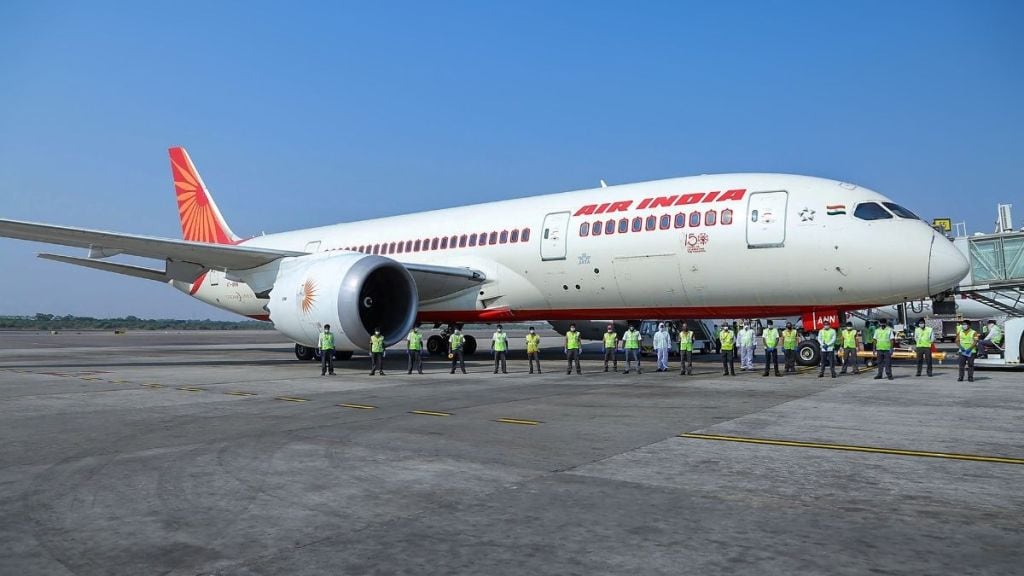Emergency ram air turbine (RAT) was deployed in final approach of the Air India’s Amritsar-Birmingham (UK) flight on Saturday after which, the plane was grounded for further checks. The aircraft landed safely in Birmingham, the airline said, after the crew noticed the RAT deployment.
Air India said that the return flight from Birmingham to Amritsar has been cancelled.
Air India spokesperson said that crew of the AI117 plane detected rat deployment of aircraft during its final approach. “All electrical and hydraulic parameters in flight AI117 were found normal, the aircraft performed a safe landing at Birmingham,” the airline added.
It said the plane has been grounded for further checks and consequently, “AI114 from Birmingham to Delhi has been cancelled”.
“At Air India, the safety of passengers and crew remains top priority,” the airline’s spokesperson further said. Alternative arrangements are being made to accommodate the passengers, Air India said in the statement.
What is RAT?
The Ram Air Turbine (RAT) is a device that gets automatically deployed when the plane loses its main electrical or hydraulic power. This could be due to an engine or generator failure. The RAT looks like a small, fold-out windmill-like device.
The RAT works through the airflow from the moving aircraft to generate emergency power and maintain control of crucial flight functions like basic flight instruments, hydraulic pressure for control surfaces, and sometimes limited electrical power.
Air India shuffles flight ops at Delhi airport
Air India has announced relocation of some of its flights at different terminal of Delhi’s Indira Gandhi International (IGI) airport, due to expansion works at Terminal 3 (T3), The relocation will come into effect from 26 October 2025.
Air India will move 60 out of its 180 daily domestic departures to the upgraded Terminal 2 (T2). Meanwhile, Air India Express will operate all its domestic flights from the renovated Terminal 1 (T1). International operations for both airlines will continue from T3.

